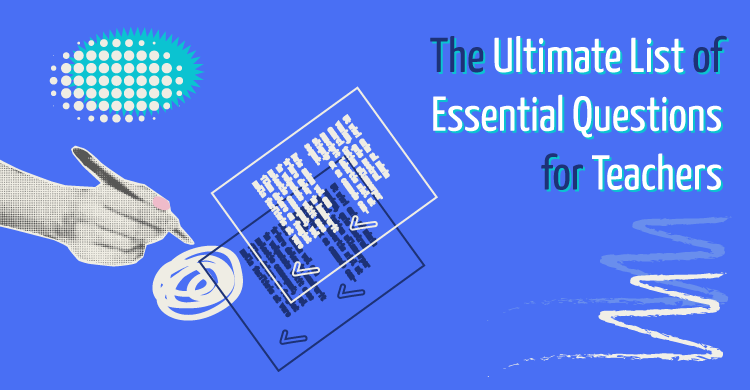As someone who coaches schools in the design and use of assessment to support student learning, I’ve observed the gamut of implementation. Some teams are hesitant to move forward with the process of changing their assessment practices, barely dipping their toes in the water, for fear of making a wrong move. Other teams comply with the expectation to give specific assessments but aren’t using the data that comes from them because they’re unsure how to proceed. Yet there are many teams who, even though the practices are new and potentially challenging, dive into the process with a sense of commitment and confidence.
We often speak of the need to facilitate a growth mindset with our students. We promote it through the use of mantras endorsing the power of learning from one’s mistakes, through the engagement of students in reflection upon their work to identify what helped them improve, and through setting goals for continuous improvement.
If we believe in the power of a growth mindset (Dweck, 2008) for students who are encountering challenging work, won’t teams benefit from the same mindset when facing the challenge of improving their assessment practices? Let’s look at some specific principles that teams can keep in mind as they move forward and grow in their practices.
Don’t be afraid to fail
When moving forward in the use of assessment practices such as common formative assessments, teams should focus on the why of their work. When they’re clear that the purpose is to monitor and improve the learning of all their students, it gives them conviction to face whatever fear might exist and move forward. The mindset: To avoid failure is to avoid success.
There is no magic formula
As knowledgeable as team members might be, the process of designing and using assessments is not formulaic. There is no cookbook, nor is there one right way to approach the assessment process. The assessments must make sense for the students and the team. Members of the team know what they’re teaching, they know their targets for student learning, and they’re the best people to create the assessments. By using protocols focused on effective design and starting with an area of learning they’re trying to improve, teams can build meaningful assessments that will give them actionable data. The mindset: It may be challenging, but with our hard work, we can do this.
The first time isn’t always the charm
When a team analyzes the results of their co-designed assessment, they may discover it contained a flawed item or that it wasn’t as aligned to the standards as they initially thought. Teams learn a lot through these mistakes and carry forward that learning to the next time they create assessments. The mindset: What can we improve?
The process takes time, but it does get faster
When first attempting the processes to create and analyze common assessments, teams may feel that the process is a bit clunky. In fact, it’s expected that they will need more time to go through the steps to get to their desired product. The good news is, if they use a clear protocol to guide their work, teams will automatically increase their fluency in the process. The process will become more natural, and teams will “get into the groove.” Additionally, once an assessment is designed, it’s available for use in the future. Teams may only need to make minor adjustments or improvements, which will also speed up the process. The mindset: We’re not fluent in this process YET!
Moving through the struggle leads to clarity
Although the process might get muddy at times, teams who persist and move forward typically end up with a better result, whether it’s a higher-quality assessment or a more specific rubric that will reveal more accurate information. In the process of the struggle, teams can arrive at a place of greater clarity about the work. The mindset: When we persist, we can get through everything.
Celebrate TEAM growth
While teams focus on their students’ learning outcomes, they benefit by recognizing and celebrating their assessment growth. Perhaps it was the first cycle in which they used common assessments to improve student learning, or they were more efficient and smoother in their creation of the items. The mindset: Our hard work is paying off!
Changing practice isn’t easy. When teams are learning new assessment practices, they may encounter challenges or stumble in the process. Yet, just like students, if they embrace a growth mindset, they can persist and focus on their continuous improvement in their process and the quality of their products so they can realize their collective efficacy. Their hard work will pay off in dividends of student learning.
References:
Bailey, K. and Jakicic, C. (2019) Make It Happen: Coaching With the Four Critical Questions of PLCs at Work. Bloomington IN: Solution Tree Press.
Dweck, Carol S. (2008) Mindset: The New Psychology of Success. New York : Ballantine Books.[author_bio id=”210″]






